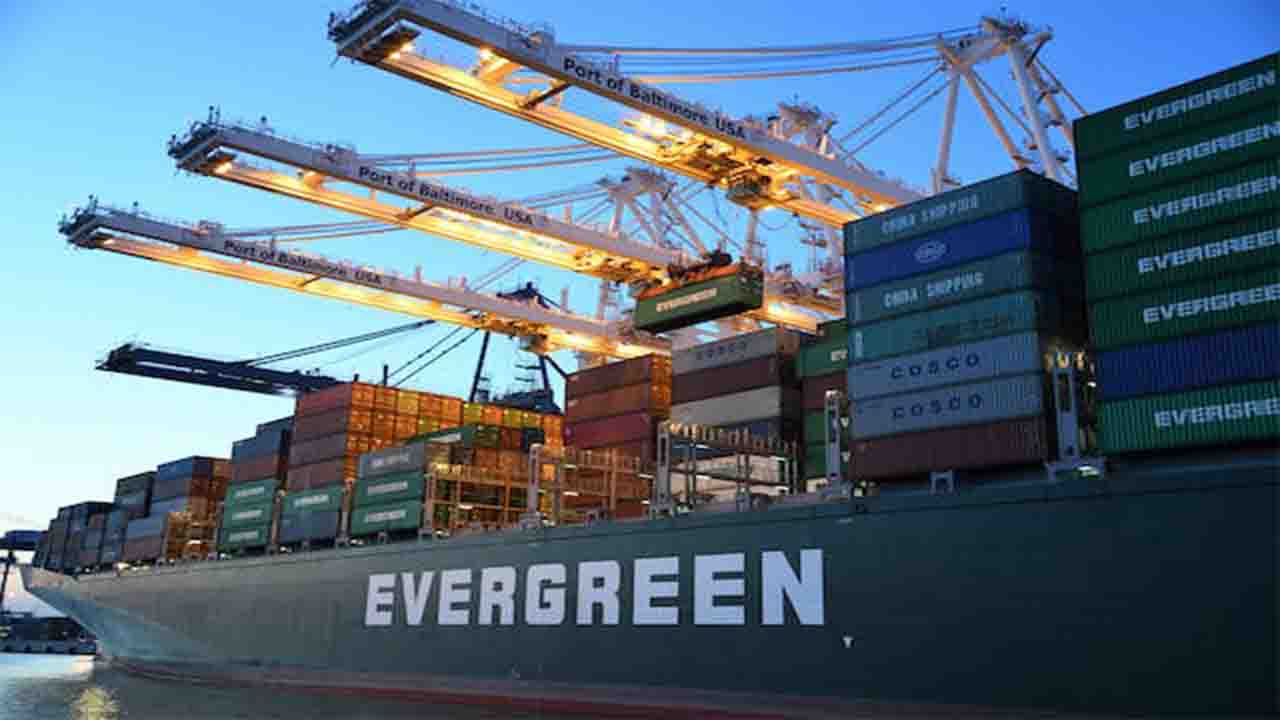Bangladesh (Commonwealth) _ In the first half of FY24, from July 2023 to June 2024, Bangladesh’s imports fell 18.19% year over year to $33.68 billion amid a plethora of economic difficulties.
The latest data from the Bangladesh Bank (BB) shows that the amount settled for letters of credit (LCs) was $33,683.51 million from July to December, down from $41,175.28 million during the same time last year. Bangladesh’s overall import orders fell by 5.33% year over year in the July–December period, according to figures from the Bangladesh Bank.
Compared to $34,784.72 million in the same time of the previous fiscal year, the total amount of import orders—officially referred to as the new opening of import letters of credit—dropped to $32,929.31 million in July through December.
As a result of declining foreign exchange reserves and lower imports, Bangladesh’s trade deficit decreased by 48.41% year over year to $17.16 billion in the most recent fiscal year.
In an effort to increase Bangladesh’s declining foreign exchange reserves—which are now at $20 billion—the bank has implemented a number of import-discouragement initiatives.
Recently, the central bank established measures to address issues harming the economy.
According to the Bangladesh Bank, the primary goal of its strategic directions for the half-yearly monetary policy, which runs from January to June 2024, is to maintain a watchful, aggressive stance toward monetary policy until inflation rates are successfully controlled to the target level.
As the economy makes its way through the second half of the fiscal year, the Bangladesh Bank stated it finds itself at a crucial turning point, confronting a complex economic environment.
The bank announced that in order to address demand-side pressures and maintain the necessary flow of financing to the priority and production sectors to support supply-side activity, it has decided to raise its policy rate by 25 basis points to 8% from 7.75%.
Given that consumer prices have stayed high for the last 20 months, this was the ninth consecutive rate increase. In October of last year, Bangladesh’s inflation rate was 9.93%, more above the 6% objective set by the central bank for the current fiscal year, which runs from July 2023 to June 2024.
Bangladesh is ranked third among countries that import food, according to the most recent data from the Food and Agriculture Organization (FAO). The country has imported almost 12.5 million tons of food items, in 2021 from the global market. This is significant, particularly in light of the fact that Bangladesh also generated a sizable 93.3 million tons of agricultural products in the same year.
Minister of Agriculture Abdur Razzaque addressed the media after reviewing the statistics, saying, “We have taken the initiative to increase the production of food products that are dependent on imports.” Onions, lentils, and edible oil production are all rising as a result of new types being developed and farmer incentives being offered. With these agricultural goods, we seek to lessen Bangladesh’s reliance on agricultural imports.
In 2010, imports accounted for 9.3% of Bangladesh’s total food demand; by 2022, that percentage had risen to 11.2%. Over this period, Bangladesh saw an increase in the imports of edible oil, rice, and wheat.
Bangladesh is dependent on India for food grains like wheat, according to Binayak Sen, the director general of the Bangladesh Institute of Development Studies (BIDS). However, India has tightened restrictions on the export of onions, wheat, and other food items in recent decades. These are being exported by certain nations based on quotas. To guarantee that Bangladesh is covered by this quota and has access to food imports during emergencies, diplomatic measures are needed.
The International Monetary Fund (IMF) thinks that a worldwide recovery will be indicated by several of Bangladesh’s economic indicators, such as inflation, starting to show positive trends.
We anticipate the financial account will return to a more robust one now that the election is over and the anxiety has subsided, according to Krishna Srinivasan, director of the IMF’s Asia and Pacific Department during a news briefing on the Regional Economic Outlook in Tokyo.
In response to a query on Bangladesh’s progress with respect to the IMF’s loan package with conditions attached, he gave a positive response. “In general, yes,” Srinivasan responded when asked about the IMF team’s assessment of Bangladesh’s action plan two months prior.
He added that there were certain areas where the nation couldn’t satisfy the criteria, particularly on the external side, and that’s largely because of the run-up to the election. Overall, he said, the review was good in terms of the meeting of different, what we call, and conditionality in the program.
In terms of macroeconomic conditions, he observed that although the current account was performing rather well due to rising exports and import compression, the finance account was in the negative.








